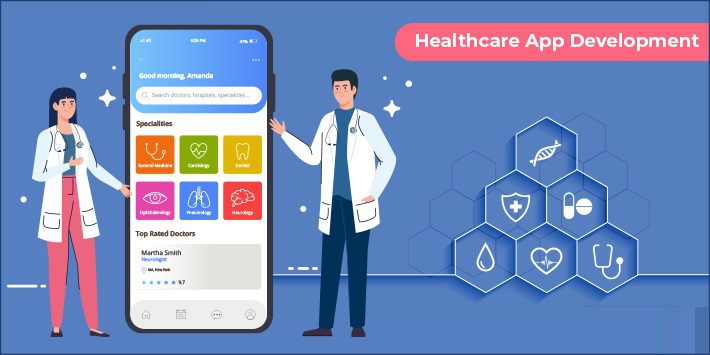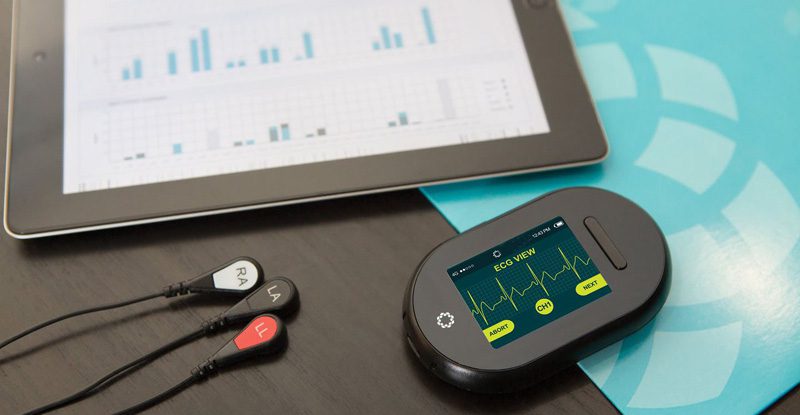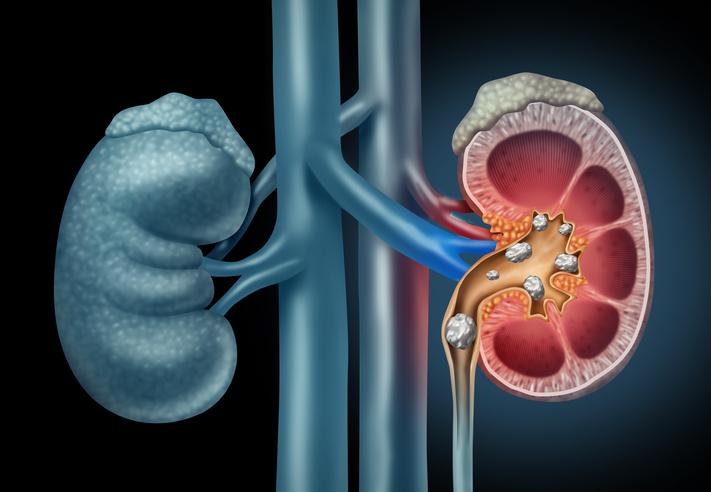Healthcare organizations are constantly looking for ways to improve patient experiences, streamline workflows, and increase efficiency. Modern contact center solutions for healthcare are playing a crucial role in meeting these goals, transforming how providers communicate and deliver services. With advancements in technology, patient expectations are rising, and contact centers must adapt to offer seamless, efficient, and personalized interactions. Understanding upcoming trends will help healthcare providers stay competitive and deliver exceptional care.
Omnichannel Communication for Patient Convenience
Patients now expect flexibility in how they communicate with their healthcare providers. Omnichannel systems integrate phone, email, chat, text, and even video into a single platform, ensuring that patients can connect through their preferred method without losing continuity. Following healthcare call center best practices ensures that every channel operates efficiently, providing consistent service and building patient trust. Omnichannel solutions also make it easier to track patient interactions, ensuring accurate follow-ups and better care coordination.
AI and Automation Enhancing Efficiency
Artificial intelligence and automation are revolutionizing healthcare contact centers. AI-powered virtual assistants can handle common requests, such as appointment reminders or insurance verification, freeing agents to focus on more complex cases. Automation reduces errors, speeds up processes, and improves overall response times. By streamlining workflows, AI ensures that patients receive timely and accurate information, contributing to higher satisfaction and loyalty.
Data Analytics for Continuous Improvement
Modern contact centers are increasingly data-driven. Analytics tools allow managers to track performance metrics, call resolution rates, and patient satisfaction scores. This information is invaluable for identifying areas that need improvement and allocating resources effectively. Insights from improving patient satisfaction with healthcare call center solutions also provide strategies to strengthen engagement and improve overall service quality. Over time, data analytics can guide strategic decisions that lead to better patient outcomes and operational efficiency.
Personalized Interactions for Better Engagement
Personalization is becoming a key differentiator in healthcare contact centers. Access to patient history, preferences, and communication records allows agents to provide tailored interactions that make patients feel valued. Remembering details like preferred appointment times or following up on previous concerns builds trust and encourages long-term relationships. This personalized approach not only improves satisfaction but also increases retention rates.
Cloud-Based Solutions for Flexibility
Cloud-based contact center platforms offer scalability, reliability, and cost-effectiveness. They enable remote work capabilities, ensuring uninterrupted service during high-demand periods or emergencies. Cloud solutions also integrate seamlessly with electronic health records, improving data accuracy and accessibility. Their flexibility allows healthcare organizations to adapt quickly to evolving patient needs and industry changes.
Strengthening Compliance and Data Security
With healthcare data privacy regulations becoming more stringent, contact centers must prioritize compliance and security. Advanced solutions now include encryption, secure authentication methods, and role-based access to protect sensitive patient information. Regular compliance audits and built-in monitoring tools help ensure that operations meet legal standards while maintaining patient trust. This focus on security not only safeguards data but also reinforces the provider’s reputation for professionalism and reliability.
Conclusion
The future of healthcare contact centers is focused on technology integration, patient-centered care, and operational efficiency. From omnichannel communication and AI automation to data analytics, personalization, and cloud-based solutions, these innovations are redefining how providers interact with patients. By embracing these trends, healthcare organizations can enhance patient satisfaction, streamline processes, and maintain a strong competitive edge in an ever-changing healthcare landscape.












Leave a Reply